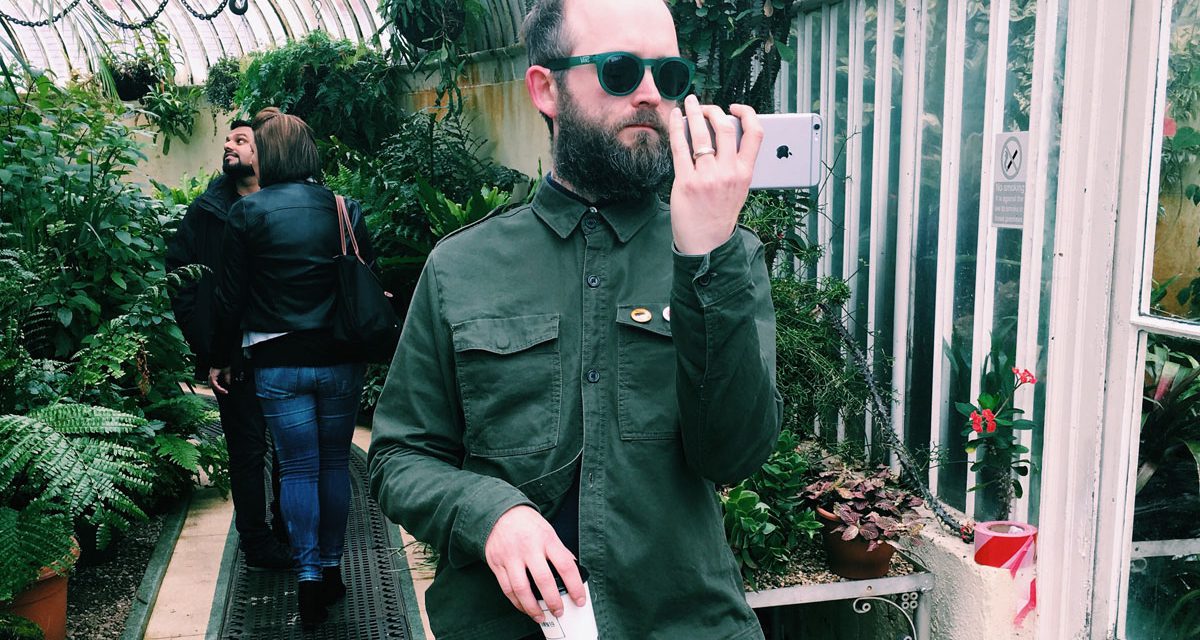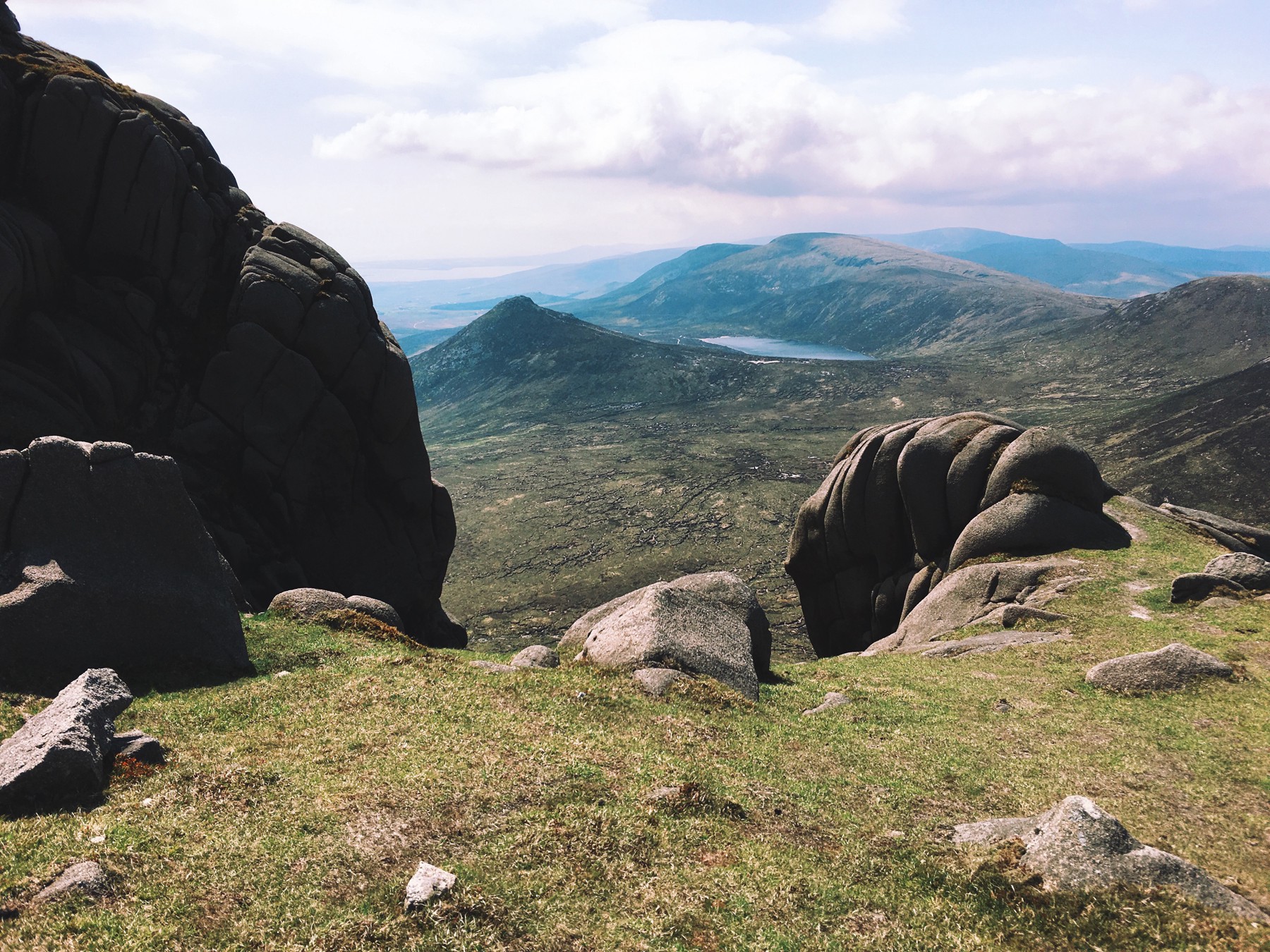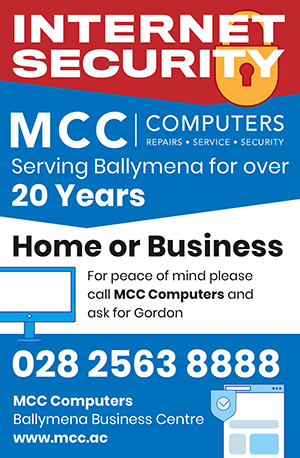When I started to blog in 2004 the web seemed like a very different place to what it is now. There was no Facebook, Twitter, Instagram or Snapchat. Back then connections with people all around the web almost always seemed courteous, kind and rewarding. The ability to connect with others in the early days of these social media platforms seemed like a privilege.
A lot has changed though. Our presence on social media seems to now be more about defining who we are than connecting with others. We all want to establish a presence and be noticed. Likes, shares and comments are a gauge of how we are seen by others or maybe even how we see ourselves. Defining who we are is more about what others think than actually defining who we are. Everyone is holding a phone up to their face now.
We now see, read and assume more opinions about ourselves as a result of social media than at any other time in history.
Is this a good thing?
Does this affect how and what we share online?
Can we really live up to the online-self that we have created?
Is the persona that gets us those Likes, shares and comments really who we are?
These are issues that both adults and children alike have to deal with now. They may be hard questions but, many young people are effectively running a campaign to promote themselves every day on their social media profiles. The continual successes of vloggers, bloggers and Instagrammers entices more and more of us every day to create a new self online.
But, who are you?
Creating an identity based on the expectations of others can leave us very uncertain of who we are. Validation, acceptance and popularity is something we all crave offline as well as online but on the web we have complete control over what people see.
Wait though, this is not an attack on social media.
I love social media but, I think we need to look honestly at the online identities we create and, disconnect from the falsehoods that are often within them. Social media allows us to connect with real people as ourselves, we don’t need to be fictional personas. This should be celebrated as a positive. You get to be you. You don’t have to follow a script dictated by others. You get to be authentic.
Our online identities can have a huge effect on our lives. Behavioural scientists tell us that desiring and pursuing authenticity is directly linked to your self-esteem, energy and passion in life. I don’t need to tell you that desiring and pursuing a fictional persona is the opposite.
Be who you are. Be authentic. Rewrite your story, share your conversation, swim against the tide.
Social media doesn’t always have to be about self-promotion and popularity. It doesn’t have to be about the online-self that we have created.
It’s not too late to get started on a re-write.







